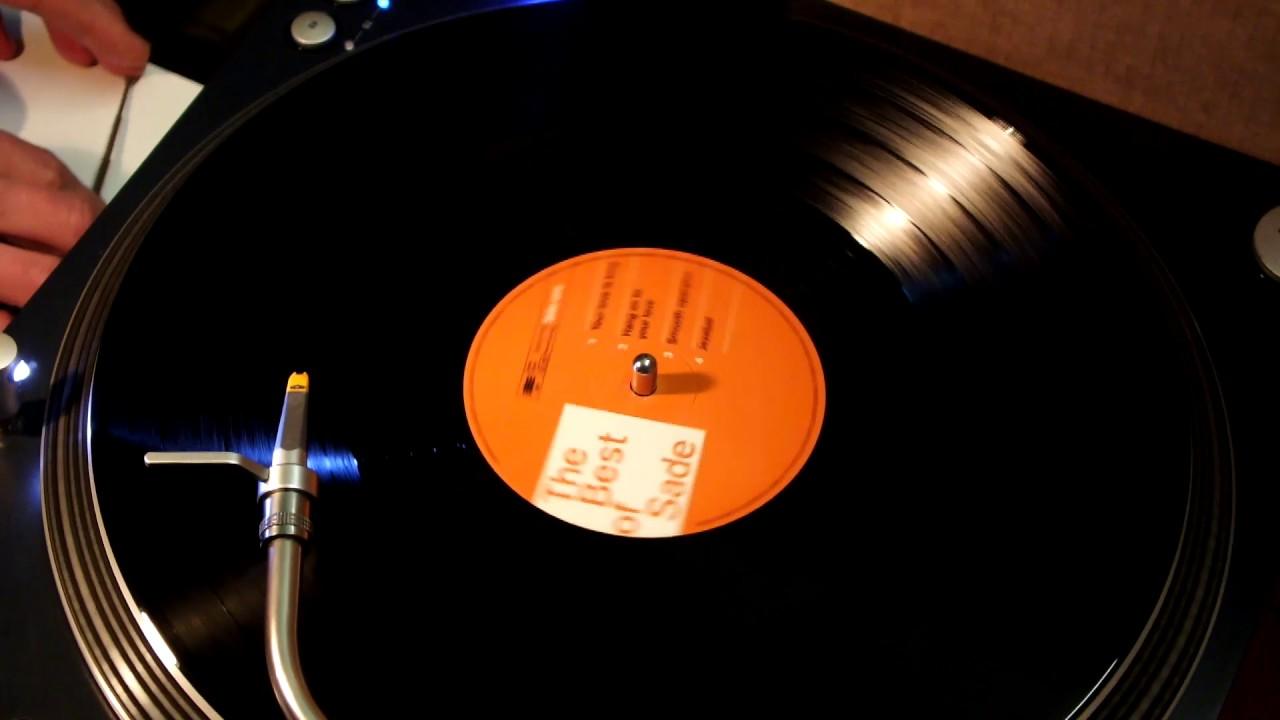Understanding the Cultural Significance of Jezebel

Introduction
The figure of Jezebel has long been a symbol of defiance, sexuality, and power within various cultural narratives. Originating from the biblical tale in the Old Testament, Jezebel has transcended her story to become a representation of the complexities surrounding women’s roles in society. As contemporary discussions around gender and power intensify, understanding Jezebel’s impact on culture is more relevant than ever.
Historical Context
Jezebel was the wife of King Ahab of Israel and is often depicted as a manipulative figure, leading her husband to forsake his faith for the worship of Baal. Her actions not only sparked religious and political conflict but also left an indelible mark on history. Historically, she is seen as a villain, yet literary interpretations often portray her as a powerful woman, leading to a dichotomy in how she is perceived.
Jezebel in Modern Media
In the modern era, Jezebel is referenced and represented across various forms of media. From films and novels that feature strong female protagonists to discussions about female empowerment, Jezebel’s name often surfaces in dialogues relating to feminism, seduction, and control. For example, in contemporary literature, authors have reimagined her story to highlight themes of resilience and autonomy, making her a figure not just of infamy but also of empowerment.
The Jezebel Stereotype
Additionally, the term ‘Jezebel’ has evolved into a stereotype used to describe manipulative or promiscuous women in society. This labeling can often undermine women’s achievements and lead to the vilification of strong female identities. In recent discussions surrounding the #MeToo movement and claims of misogyny, the use of the term symbolizes the complex societal attitudes towards women who assert their independence.
Conclusion
The figure of Jezebel remains a focal point in discussions of female empowerment versus societal judgment. As we continue to reevaluate historical narratives through modern lenses, the understanding of Jezebel serves as a reminder of the ongoing struggle for gender equality and recognition of women’s rights. With various interpretations emerging, Jezebel’s legacy can inspire a more nuanced conversation about femininity and power dynamics in today’s society. This examination is crucial for the empowerment of future generations and encourages us to challenge existing stereotypes in a continuously evolving cultural landscape.
